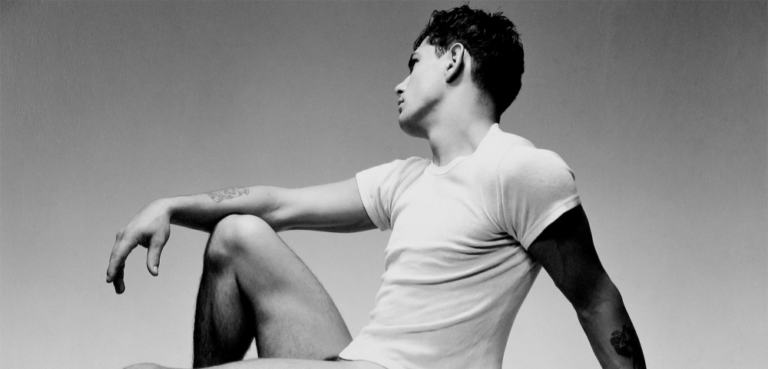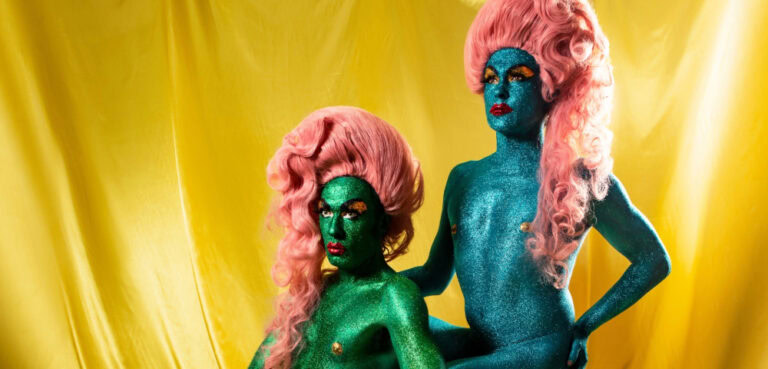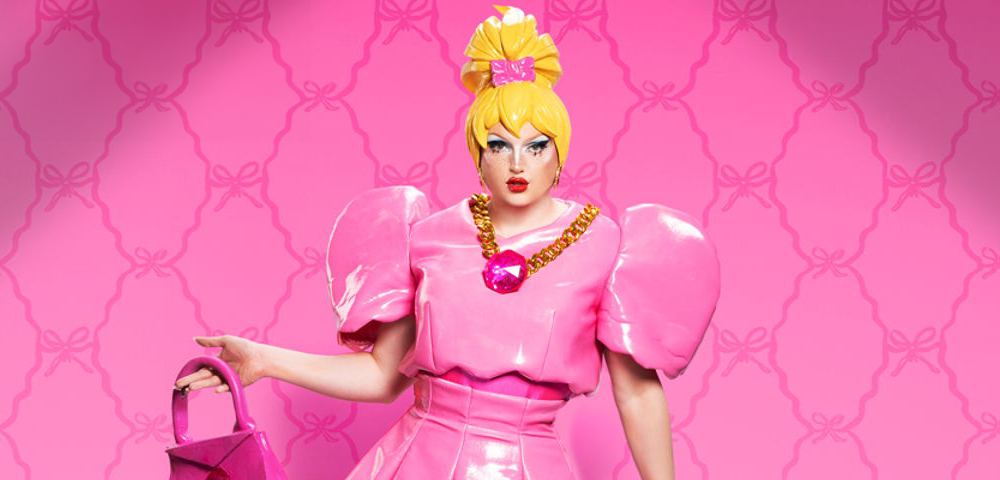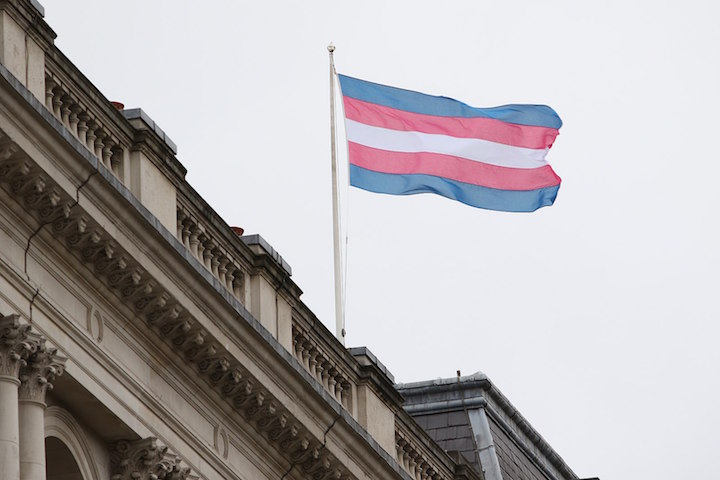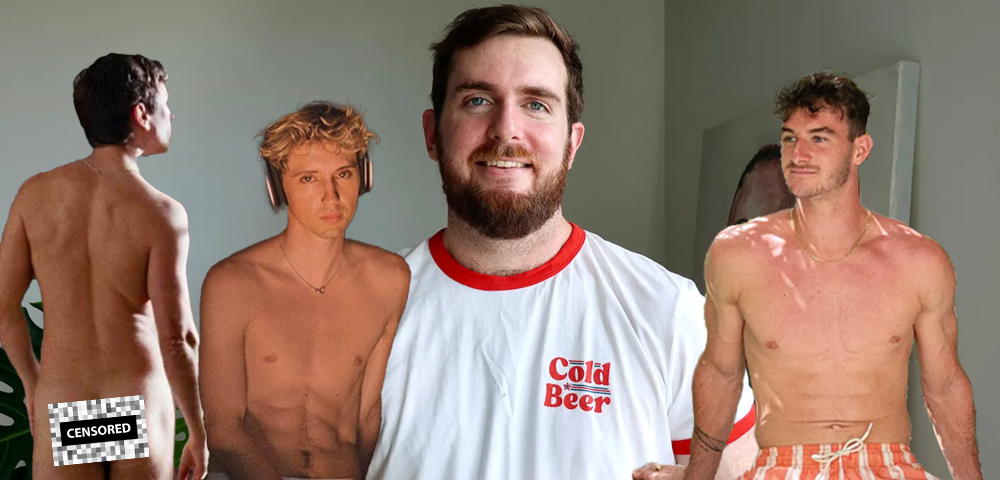
Parkes to green Melbourne
Melbourne City Council could fund more LGBTI events like Midsumma Festival and the Melbourne Queer Film Festival, Greens Melbourne mayoral candidate Alison Parkes said.
Parkes, a marriage equality supporter, and David Collis will be running in the Melbourne local government elections as the Greens’ candidates for Lord Mayor and Deputy Lord Mayor respectively.
Parkes will stand against incumbent Lord Mayor Robert Doyle and pollster Gary Morgan at the October elections.
Parkes, a senior accounting lecturer at Melbourne University, said her focus would be urban planning.
“We have to be able to do a better job on planning our future,” she said.
“The growth Melbourne is experiencing is not going to change … but what we can do is plan properly for it.
“I live in North Melbourne and there’s a lot of pressure on North Melbourne at the moment … but there are things you can do like preserving facades, keeping the street fronts active and not going with those huge block approaches.”
While there are restrictions on what Melbourne’s local government can do in urban planning, Parkes said the council should put more thought into areas it controls to make the city “more liveable”.
This is the first time Parkes has stood for public office. She said she believed Melbourne was ready for a Greens Lord Mayor.
“Melbourne is quite a progressive city, far more progressive than you would think,” she said.
“When you look around the voting of Adam [Bandt’s] election and the polling … that we’re getting on the current state by-election, Melbourne is quite progressive.”
Greens federal MP Adam Bandt won the traditional Labor seat of Melbourne in the 2010 election with a 6 percent swing.
By-election polling conducted earlier this month for the state seat of Melbourne found Greens candidate Cathy Oke led on 48 percent, ahead of Labor’s candidate Jennifer Kanis on 38 percent.
Parkes said she had a close family member who was gay.
“The more you know a community, the less you see them as different or separate,” she said.
She said there were more opportunities to tackle homophobia at a local government level because they were closer to the community and funded local initiatives.

